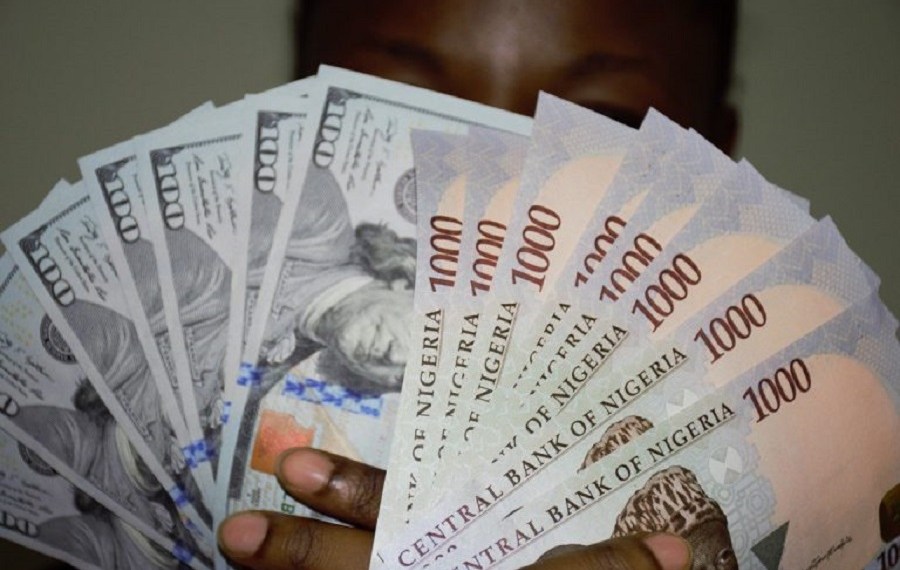
Aboki Naira To Dollar Black Market Rate Today 30th October 2024
In Lagos, the bustling heart of Nigeria’s economy, the black market for foreign exchange continues to thrive, starkly contrasting the official Central Bank of Nigeria (CBN) rates. Today, October 30, 2024, saw significant fluctuations in the rates at which the Nigerian Naira trades against the US Dollar in the parallel market, commonly known locally as the “Aboki Forex.”
According to sources close to the market, the buying rate for the US Dollar today stood at N1710 per dollar, with the selling rate slightly higher at N1720. This indicates a marginal adjustment from previous days, reflecting the dynamic nature of the black market, where rates can swing due to a variety of factors, including speculation, dollar availability, and economic policies.
Trending Now!!:
The black market, or parallel market, operates outside the regulatory oversight of the CBN, which has been attempting to unify the exchange rate through various policy measures. However, these efforts have thus far resulted in a substantial gap between the official and black market rates, contributing to the latter’s persistence due to its flexibility and, often, more attractive rates for consumers.
Market analysts have noted that the Naira’s performance in the black market today might be influenced by several macroeconomic indicators:
- Oil Revenue: Nigeria’s heavy reliance on oil means that global oil prices directly impact the Naira’s stability. Any price dip or supply disruptions could further pressure the Naira.
- CBN Policies: The CBN’s recent moves toward liberalizing the forex market have introduced volatility but also opened discussions on the long-term effects on the Naira’s value.
- Inflation and Interest Rates: With inflation rates in Nigeria remaining a concern, the CBN’s adjustments in interest rates could influence investor confidence and thereby affect the forex market.
- Political Climate: Upcoming elections or significant political events can lead to currency speculation, with investors either pulling out or investing based on anticipated outcomes.
The gap between the official CBN rate and the black market rate presents a challenge for businesses and individuals, affecting planning and operational costs. While the CBN rate might offer a more stable benchmark for official transactions, the black market rate often becomes the de facto rate for many small to medium enterprises and individuals needing quick currency conversion.
Economists are watching closely to see if the CBN’s new strategies will eventually close this gap or if the black market will continue to play a significant role in Nigeria’s forex dynamics. For now, traders and consumers in Lagos’s markets are adapting to these rates, with many expressing a mix of frustration and resignation at the ongoing currency fluctuations.


